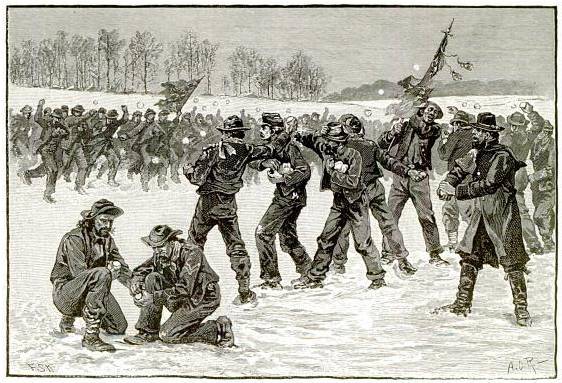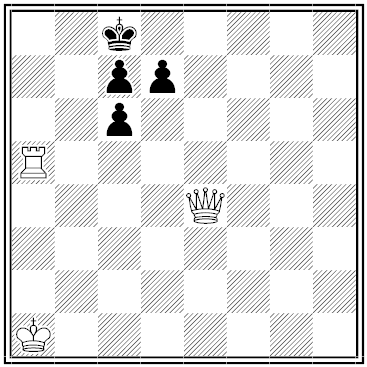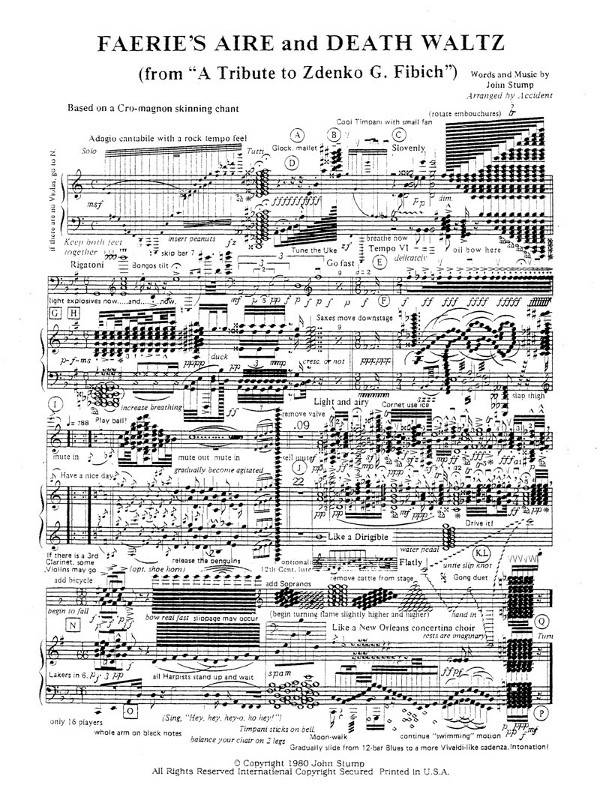William F. Buckley Jr. called Norman Mailer an egotist, “almost unique in his search for notoriety and absolutely unequalled in his co-existence with it.”
Mailer called Buckley a “second-rate intellect incapable of entertaining two serious thoughts in a row.”
In 1966 Buckley sent Mailer an autographed copy of The Unmaking of a Mayor, the memoir of his unsuccessful run for mayor of New York City the previous year.
Mailer turned to the index and looked up his own name. There he found, in Buckley’s handwriting, the words “Hi, Norman.”




